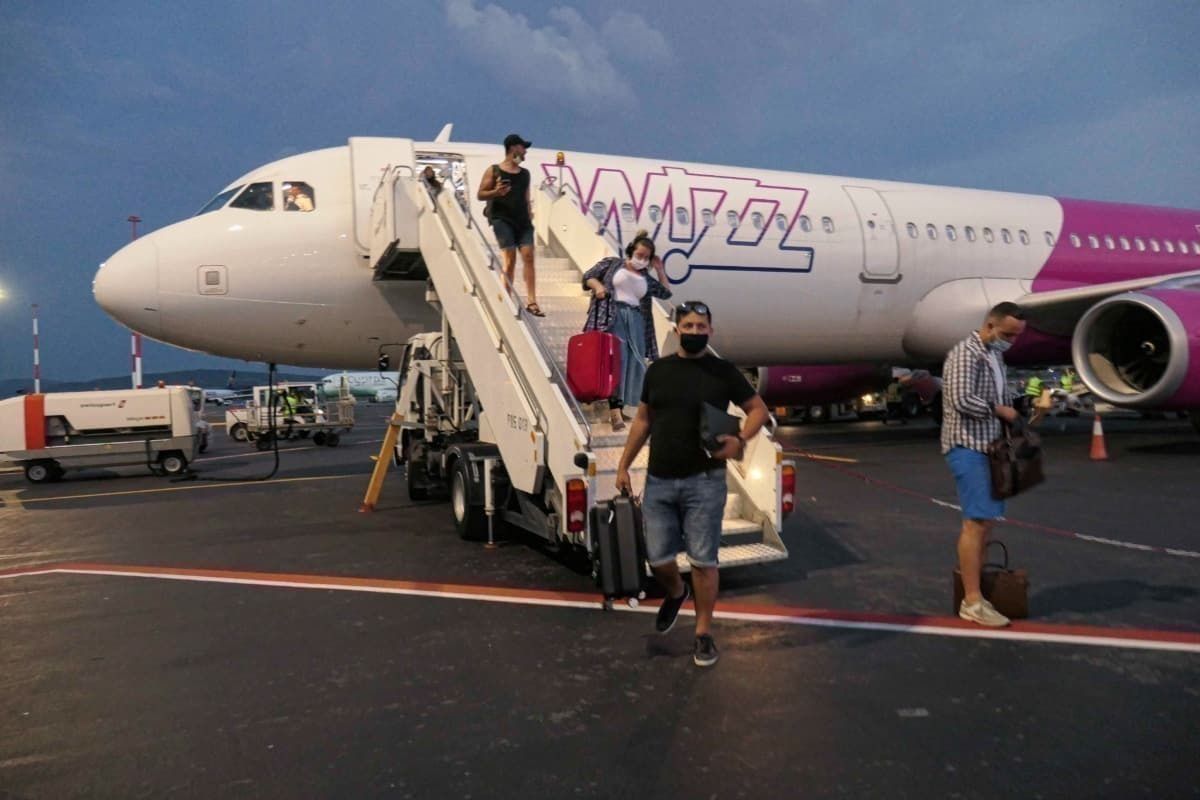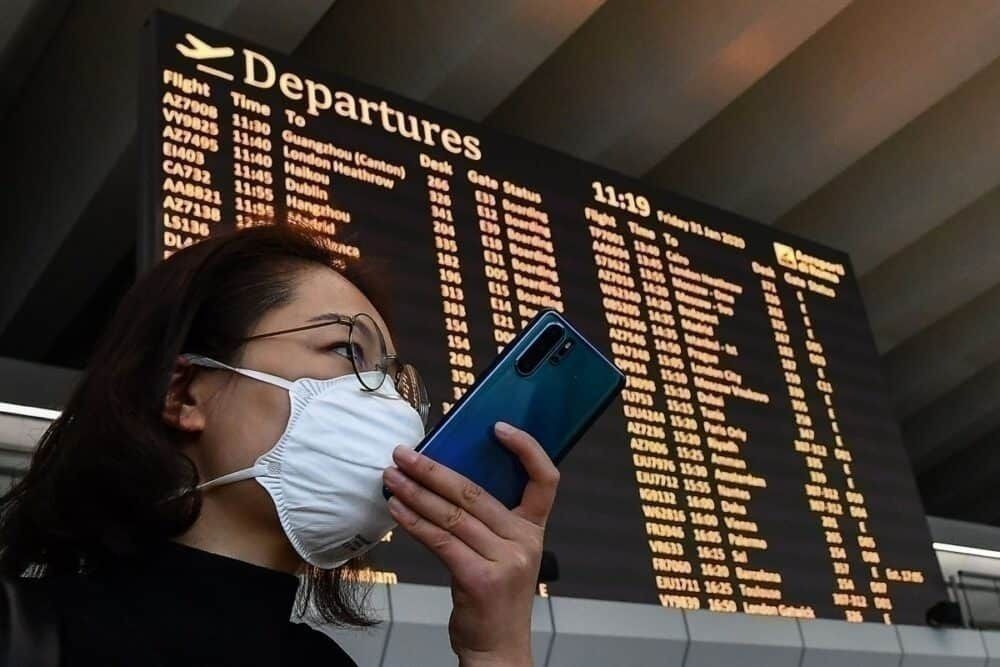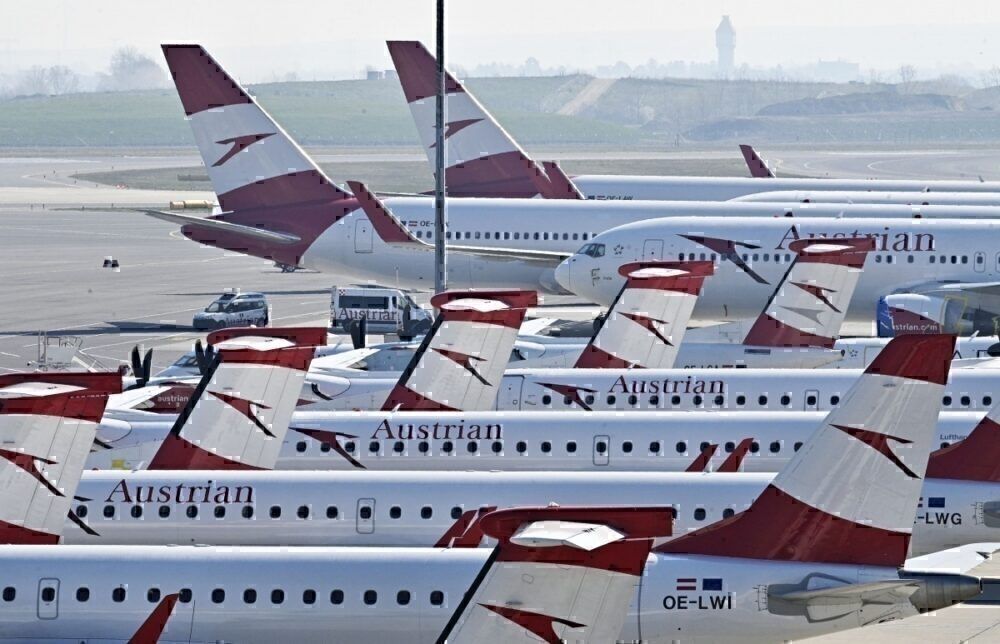Global passenger numbers are not expected to return to pre-COVID-19 levels until 2024, the International Air Transport Association (IATA) said yesterday. That is one year later than previously forecast. The more pessimistic projection is based on the slow containment of the virus in the US and developing economies, a reduction in corporate travel, and weakened consumer confidence.
Recovery is slower than expected
In a press release issued on Tuesday, IATA revised its forecast for the recovery of global passenger traffic (revenue passenger kilometers or RPK) to take until 2024 in the wake of the COVID-19 pandemic. Worldwide numbers are expected to drop by 55% for 2020 compared to 2019, while it had previously forecast a fall of 46%.
Stay informed: Sign up for our daily aviation news digest.
For 2021, passenger numbers are forecast to rise by 62% from the 2020 figures, but that is still 30% lower than in 2019. It is now expected to be 2023 before numbers return to 2019 levels, also a year later than projected in April.
The revised projection follows a slower than predicted recovery in passenger traffic in June. RPK dropped by 86.5 for the month compared to 2019, which is only marginally better than the 91% fall in May.
Factors causing the slow recovery
The slowing rate of recovery in air traffic numbers is based on several factors. While many developed nations have successfully contained the virus, the US, China, and some developing economies have seen a resurgence in COVID-19 outbreaks. With these economies representing 40% of global air travel markets, ongoing restrictions on international travel are stalling recovery.
The pandemic has resulted in a reduction in business travel as companies reduce their travel budgets in the weakened economy. Also, during the period of restricted travel, video conferencing has proved to be a viable substitute for traveling to meetings.
Consumer confidence in air travel has been weakened. While there may be a desire for leisure travel, fears over job security, finances, and the risk of catching the virus are deterring many people from traveling.
Domestic markets see faster recovery
Domestic markets are recovering ahead of international markets as passengers appear to be more willing to make short-haul trips. That means that passenger numbers will recover quicker than RPK, which is not expected to reach 219 levels until 2024.
Alexandre de Juniac, IATA’s Director General and CEO said,
“Passenger traffic hit bottom in April, but the strength of the upturn has been very weak. What improvement we have seen has been domestic flying. International markets remain largely closed. Consumer confidence is depressed and not helped by the UK’s weekend decision to impose a blanket quarantine on all travelers returning from Spain.”
Also, many countries are seeing a rise in coronavirus infections, sparking fears of a second wave. These factors will lead to the recovery taking longer and more difficulties for the aviation industry and the global economy. Mr de Juniac says,
Summer — our industry’s busiest season — is passing by rapidly; with little chance for an upswing in international air travel unless governments move quickly and decisively to find alternatives to border closures, confidence-destroying stop-start re-openings and demand-killing quarantine.”
Recovery from this unprecedented event is going to be a slow and painful process for the aviation industry.
What do you think of the pessimistic outlook for air travel? Let us know in the comments.



